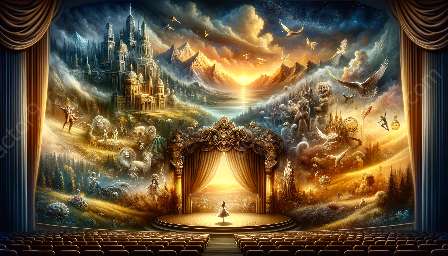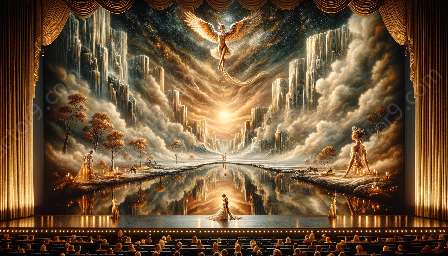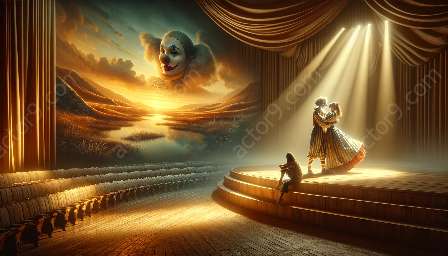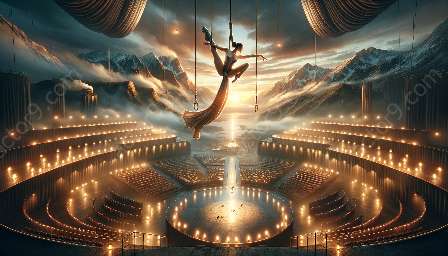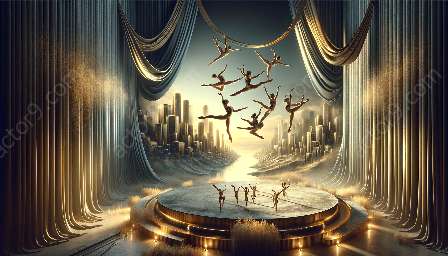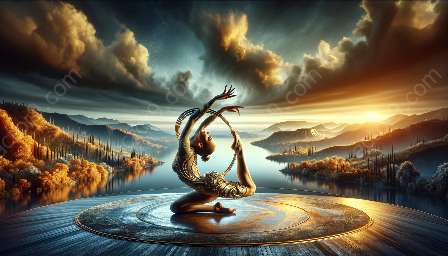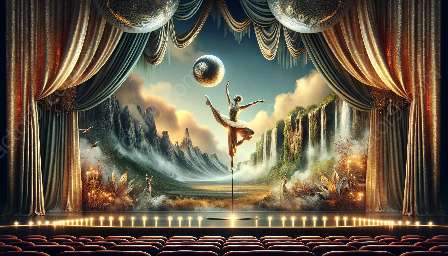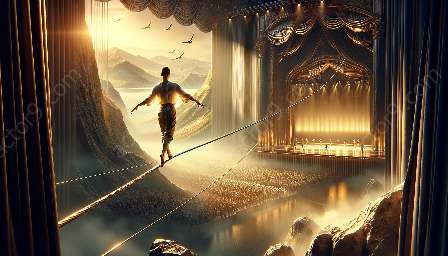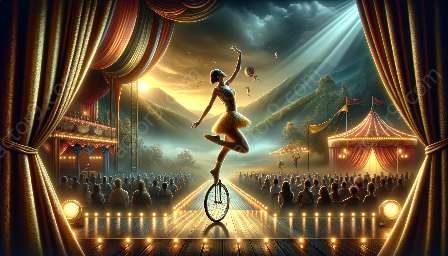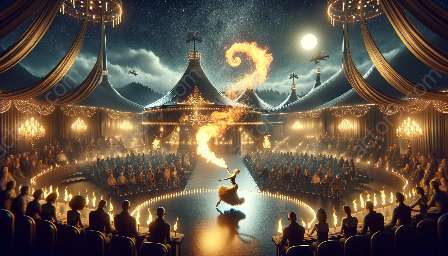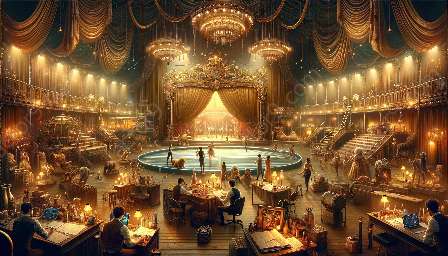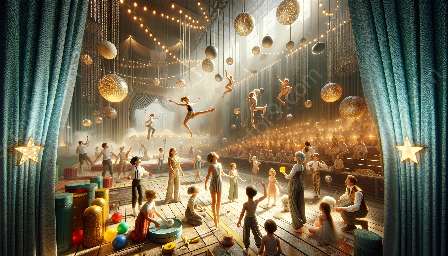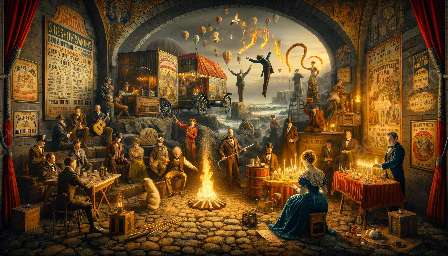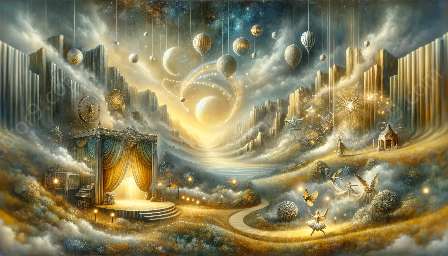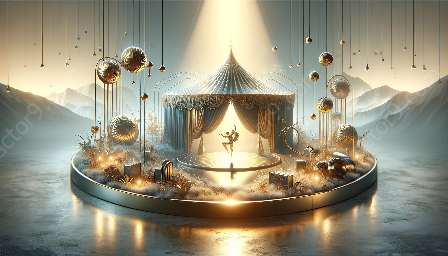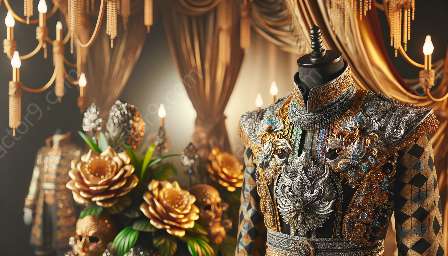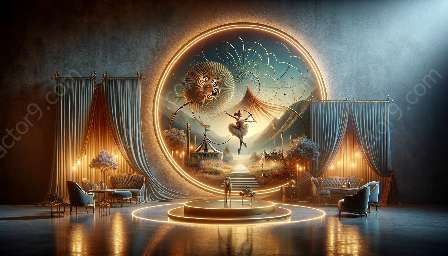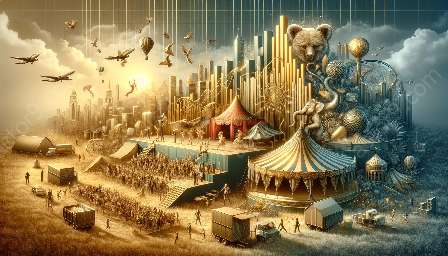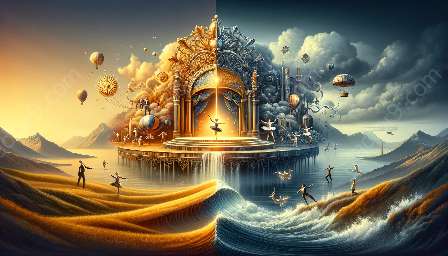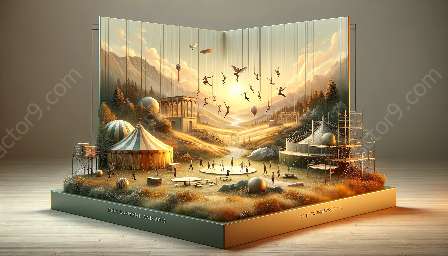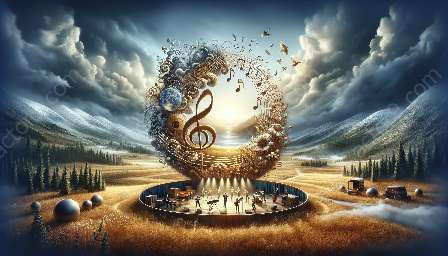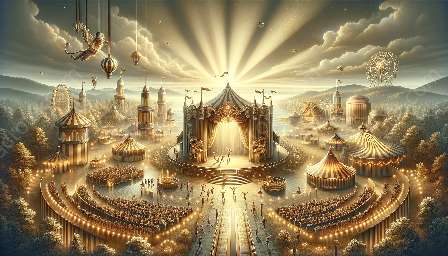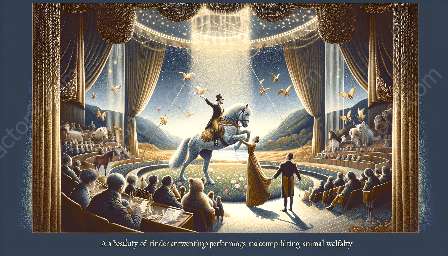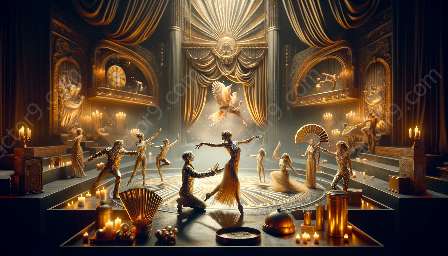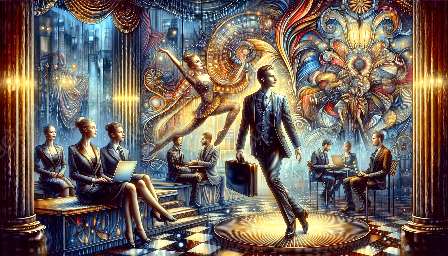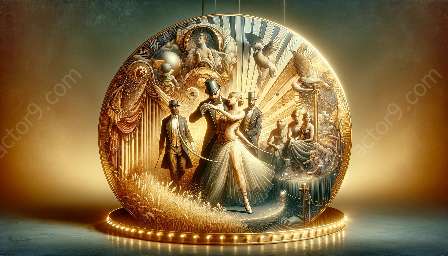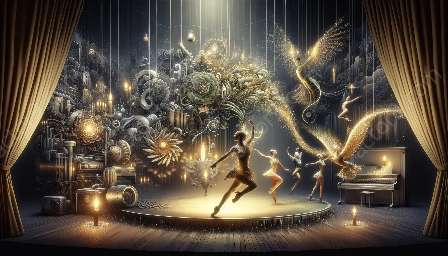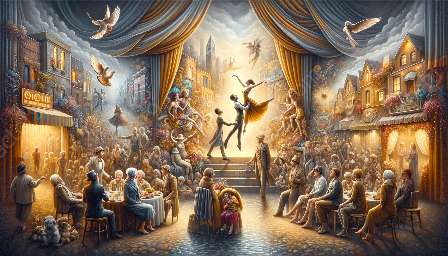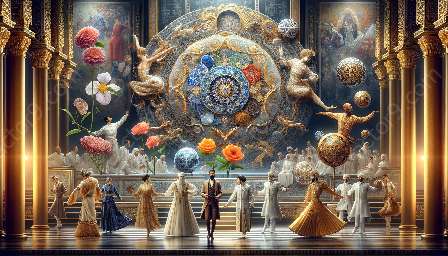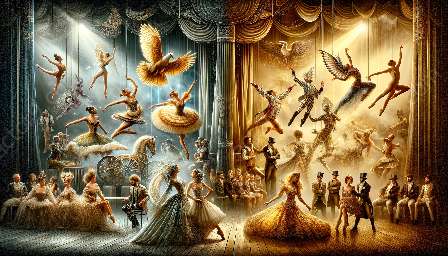Clowning has been an integral part of entertainment for centuries, with its origins rooted in a diverse array of cultural practices. From the comedic antics of ancient civilizations to the modern circus arts, the history of clowning is a fascinating tapestry of traditions and innovation.
Evolution of Clowning
The earliest forms of clowning can be traced back to ancient civilizations such as Egypt, Rome, and Greece. These early clowns often performed in theatrical productions and festivals, using exaggerated gestures and costumes to evoke laughter and amusement.
Clowning also found expression in medieval European court festivities, where jesters entertained nobility with their humorous acts and witty repartee. This tradition of court jesters evolved into the familiar image of the colorful and eccentric clown seen in circuses and carnivals today.
Clowning and Circus Arts
Clowning became closely associated with the circus in the 18th and 19th centuries, as traveling circuses provided a platform for clowns to showcase their comedic talents to a wide audience. The circus environment offered clowns the opportunity to engage in slapstick humor, acrobatics, and physical comedy, captivating audiences of all ages.
Over time, the role of clowns in circuses expanded to include not only comedic relief but also storytelling and character-driven performances. From the classic whiteface and auguste clowns to the modern, avant-garde clowning styles, circus arts have served as a fertile ground for the evolution and diversification of clowning.
Global Influences on Clowning
Clowning has traversed continents and cultures, incorporating diverse elements from various traditions. In Asia, for example, clowning has been intertwined with masked theater and puppetry, adding a unique flair to the art form. Similarly, African and Latin American clowning traditions have contributed rich cultural nuances to the global tapestry of clowning.
Conclusion
The origins of clowning are a testament to the enduring appeal of humor and entertainment across different eras and civilizations. As circus arts continue to evolve and reinvent themselves, clowning remains an integral and vibrant aspect of this timeless form of entertainment.

